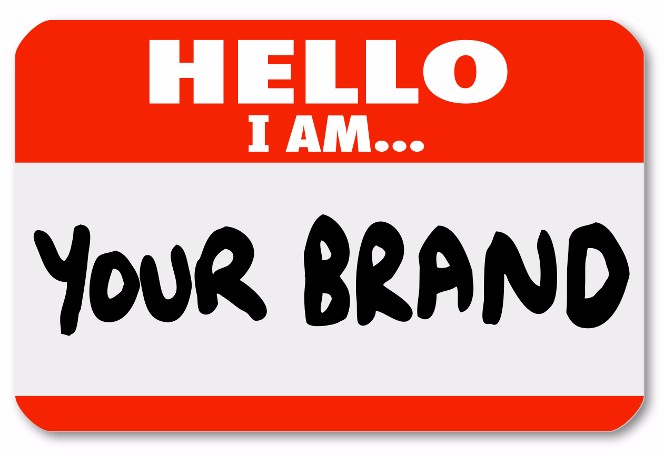Most advertising slogans are being devised to make companies feel good about themselves, writes Anthony Tasgal
[button type=”large” color=”black” rounded=”1″ link=”https://issuu.com/revistabibliodiversidad/docs/dialogue_q3_2016_full_book/68″ ]READ THE FULL GRAPHIC VERSION[/button]
Peak slogan apathy could be upon us. There has been something approaching an outcry from commentators inside and outside the advertising industry regarding recent slogans such as Stella Artois’s ‘Be Legacy’ or transport agent Trainline’s ‘I am Train’.
What do these odd phrases mean? Have offences been committed against the English language? And, if so, who is culpable? The age of TLDNR (too long did not read) and #hashtaggability demands ultra brevity, so perhaps the first question to ask is: Does anyone really care?
Those of us who are paid to develop, devise, research or comment on these slogans naturally make them seem far more significant than they are in reality. So should we be worried about the apparent sea of apathy that is overwhelming slogans? I think we should.
In my recent opus The Storytelling Book, I argue that too much communication has become ‘messaging’, the relentless transmission of information based on the mistaken assumption that most of the consumers to whom we sell (aka people) and the audiences to which we present (aka people) care more than a jot about what is being transmitted. The weighty evidence emerging from behavioural economics is that 99% of the material we receive goes into ‘attention spam’: stuff about which our all-important instinctive System 1 deems insufficiently important to inform our rational System 2. This spam is known as TBU: true but useless. This tide of unwanted and irrelevant information shows no sign of relenting, yet the neuroscience is clear: it’s not getting through. The whole point of the slogan should be to short-circuit all the TBU stuff so consumers and clients get the gist of your product or service without having to think about it or do any of the boring reading bit.
Yet many of today’s slogans are subconsciously designed to win pitches, not customers. In this regard, the slogan appears to be sliding back towards its original meaning (see box, left) – to instil esprit de corps in armies (companies, in the modern world) in preparation for a bloody war (the consumer market). Years of experience working on ad pitches has led me to the controversial view that many modern slogans are essentially useless at attracting consumers to a product, instead functioning as rallying cries to the companies that make that product. The actual target audience of slogans is very different from its intended recipients. No wonder consumers are apathetic about many modern straplines.
Slogans are often designed by agencies to woo clients by flattering them. Positioning the brand expressively to its ends users is but a secondary consideration. It is primarily a bonding mechanism to cement internal culture as identified by the pitch-winning agency.
So, given this, how do we save the slogan from an ignoble demise? Here are five ways…
1. Do the need test. Ask yourself: do I really need a slogan? If so, is it really little more than a rallying cry for the internal teams? Are those words only there because you can’t bear to do the hard marketing work through creative innovation and branding expertise?
2. Don’t lose F.A.C.E. Personality is neglected in brand literature. Humans tend to respond better to the softer elements of a brand and communication than to the rational messaging of so much communication. Lasting brand memories will be better created by an appeal to F.A.C.E – feeling, atmosphere, culture and experience – than by relentless bombardment with facts.
3. Be expressive. Expression trumps description. “You, but on a good day” is a beautiful expression of the creative idea for Berocca tablets, as is “you’re not you when you’re hungry” for Snickers: these therefore slip effortlessly into our memory banks because they combine emotion with meaning. Avoid, at all costs, phrases such as “servicing your infrastructure”.
4. Beware compression. Stella Artois’s ‘Be Legacy’ attempts to tie into the advertising concept of leaving something behind, just as the founder of the beer did, but it feels clumsy and sounds more like a parting farewell from Mr Spock. Meanwhile, ‘I am Train’ sounds rather like the early utterances of a computer trying a little too hard to pass the Turing test.
5. Look to the best. We should all aspire to come up with a line as powerful, memorable and effective as the slogan for Specsavers. When they hear this word, anyone within the optician’s core market of the UK is automatically flooded with a variety of associations, feelings and images. Chief among them will be the brand’s classic slogan: ‘Should have gone to Specsavers’.
Trainer, lecturer and strategist Anthony Tasgal is author of The Storytelling Book, runner up in the global Marketing Book of the Year award 2016. Tweet him @taswellhill

